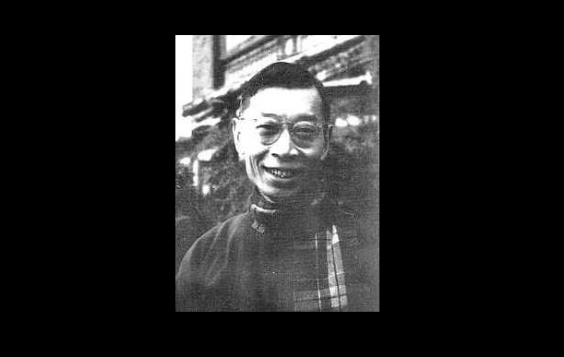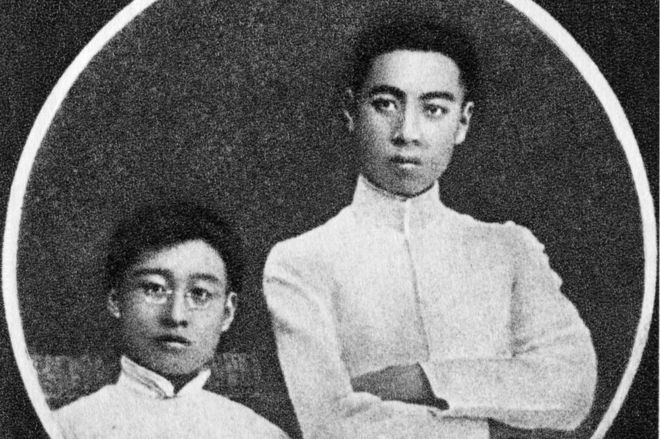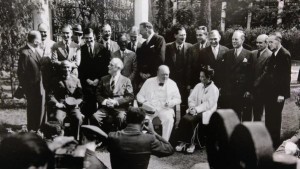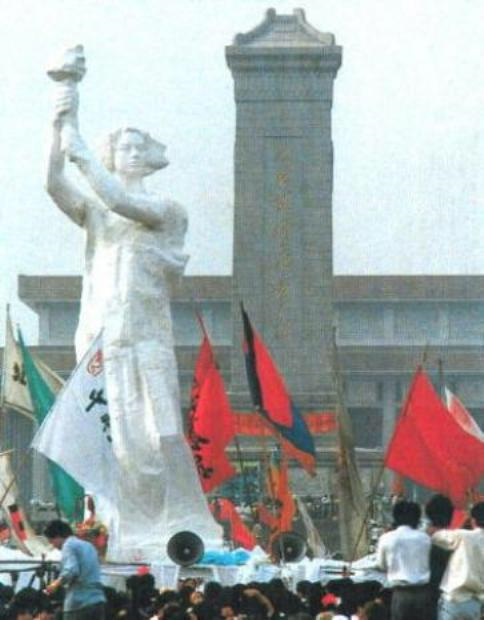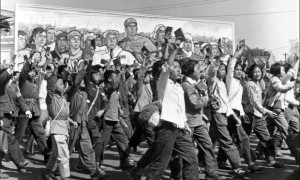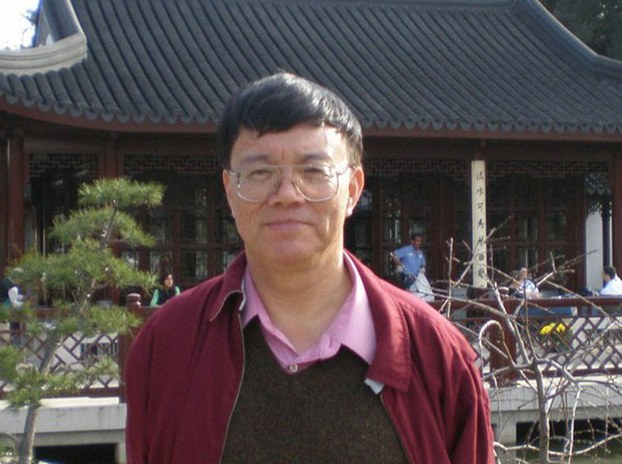
Independent Chinese historian Song Yongyi, in undated photo. Photo courtesy of Song Yongyi.
As China approaches the 50th anniversary of Mao Zedong’s Great Proletarian Cultural Revolution this year, Chinese independent historian and former political prisoner Song Yongyi, now a university lecturer in California, has published an e-book based on official records. His research describes an era of government-sponsored political violence and turmoil that engulfed the country from 1966-1976. Song, who had unprecedented access to secret government files in the southwestern region of Guangxi, spoke to RFA’s Mandarin Service about his findings: Continue reading

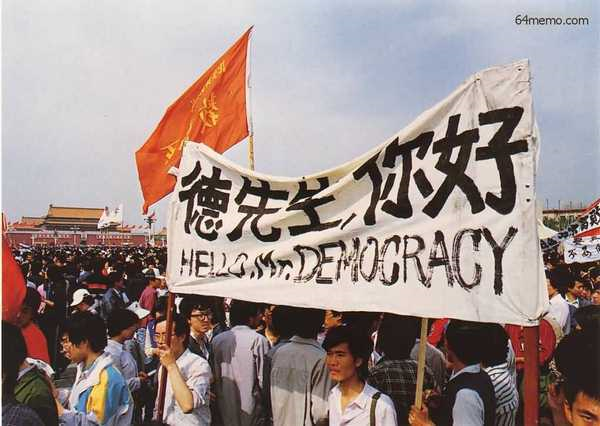 “The brazen cynicism and lack of courage of the governments of democratic countries have been deeply disheartening – whether they know it or not, they live in the shadow of June 4, their actions and decisions trapped in the dialectic events that day set in motion.”
“The brazen cynicism and lack of courage of the governments of democratic countries have been deeply disheartening – whether they know it or not, they live in the shadow of June 4, their actions and decisions trapped in the dialectic events that day set in motion.” 